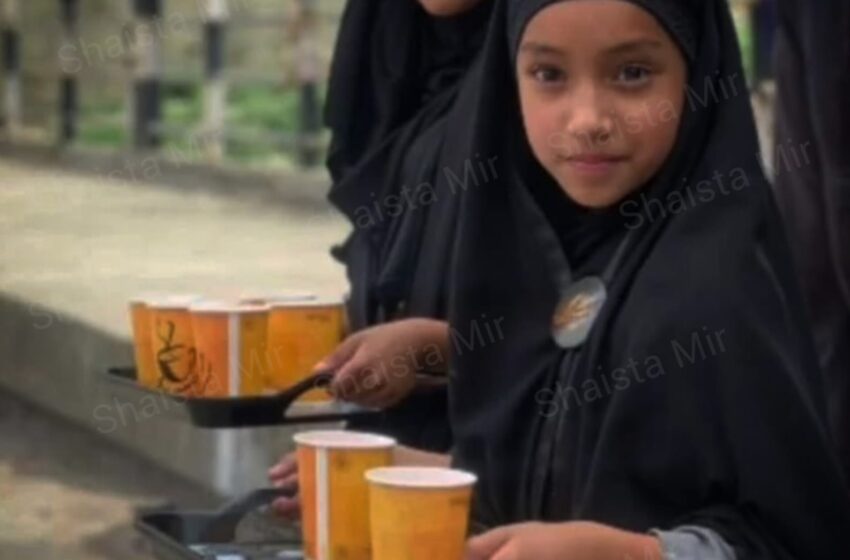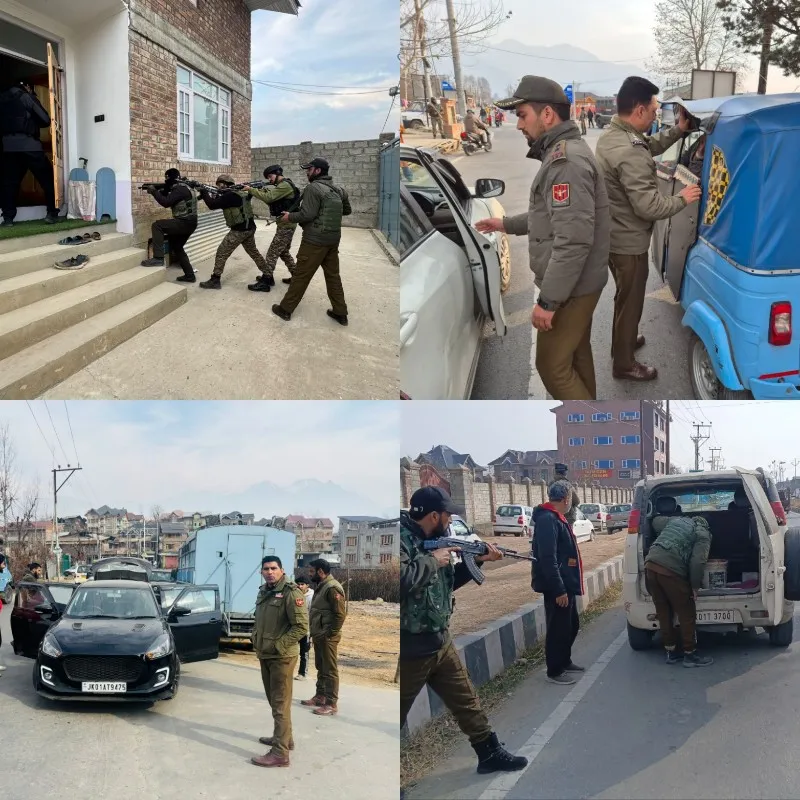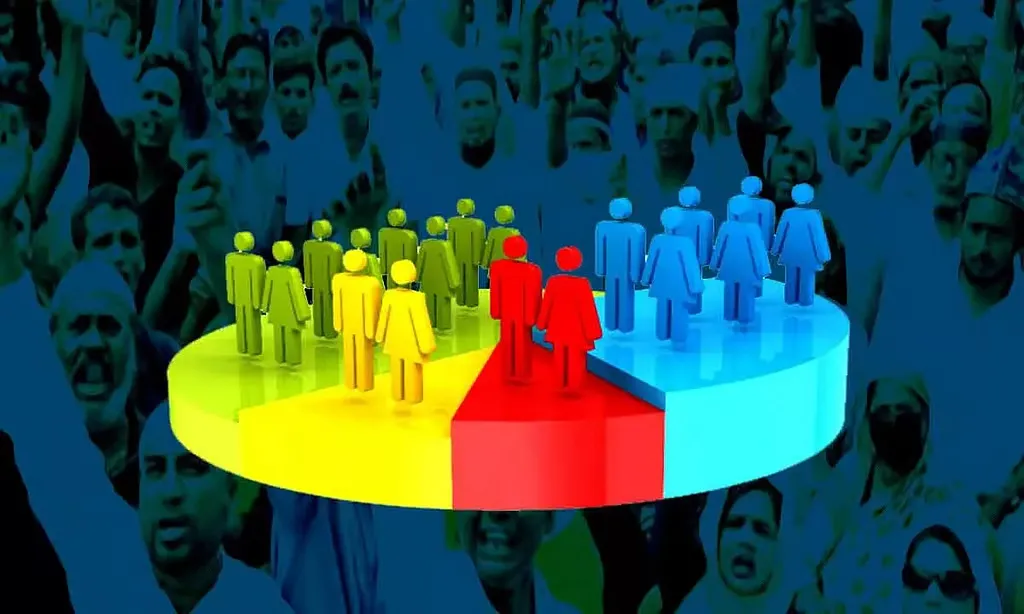
The Spirit of Sabeel-e-Hussain Lives On in Kashmir’s Moharram Traditions. By Shaista Mir, Srinagar
As the crescent of Muharram rises in the sky, the valley of Kashmir once again bears witness to a time-honored tradition rooted in compassion, community, and collective remembrance — the setting up of Sabeel-e-Hussain.For generations, Kashmiri Momineens have kept alive this sacred custom — setting up tubs, tanks, and stalls offering water, milk, sherbet, and refreshments — as a tribute to the supreme sacrifice of Imam Hussain (a.s) and his companions in the scorching plains of Karbala.The concept of the Sabeel is not merely cultural — it is deeply prophetic. It traces back to the time of the Holy Prophet Muhammad (PBUH), who encouraged the provision of water and food to weary travelers. In Islamic history, building wells and offering water to passersby was considered a noble act — a gesture of generosity and public service. Over centuries, this tradition evolved into what we now know as Sabeel-e-Hussain.In Kashmir, where temperatures can soar above 35°C during Muharram, these Sabeels become an oasis for those observing processions or walking long distances in mourning. From early morning till late night, Noha Khwani echoes across neighborhoods for nearly 12 hours a day, infusing the air with a solemn sense of devotion. Amid this, the Sabeels — often set up in streets, mosques, and community corners — provide vital hydration and comfort.But what makes this tradition especially poignant is its inclusivity. Whether rich or poor, young or old, people stop to drink from the Sabeels. Volunteers, many of them youth, manage these stalls with discipline and a sense of spiritual pride. And in a heartening display of interfaith harmony, even Sunni brethren across the valley contribute generously to the efforts — donating supplies, volunteering at Langars, or helping with logistics.Langar — the communal food service — operates alongside Sabeels, offering free meals to all. It’s a practical expression of Islamic egalitarianism and unity, where distinctions of caste, class, and sect dissolve at the serving pots of rice and lentils.In today’s fast-paced and often polarized world, the continued observance of Sabeel-e-Hussain in Kashmir stands as a powerful symbol of unity, endurance, and faith. It is a living tribute not only to the martyrs of Karbala, but to the humanitarian values that bind communities — especially in times of grief and spiritual reflection.As Muharram unfolds, Kashmir’s streets tell’s a story





